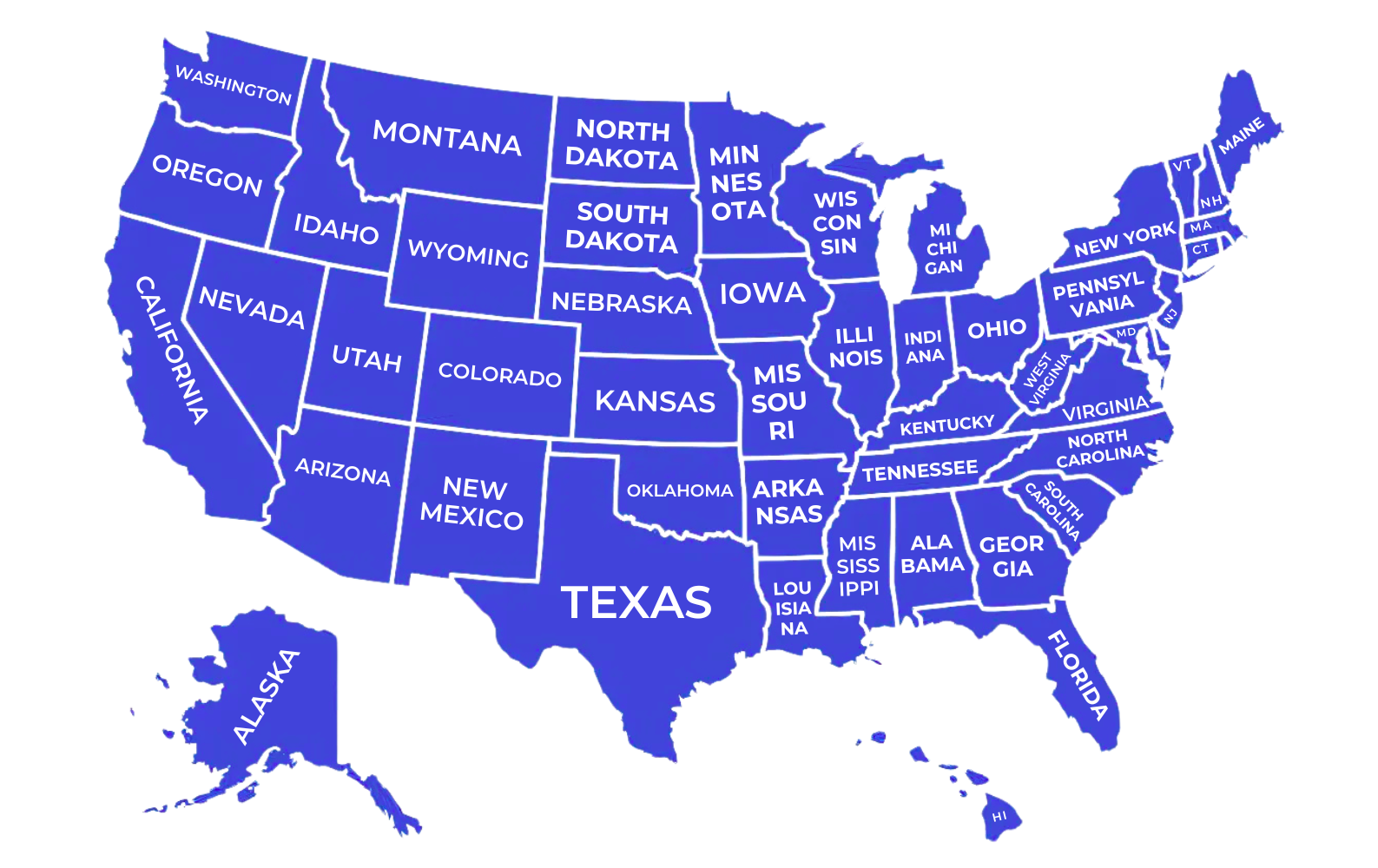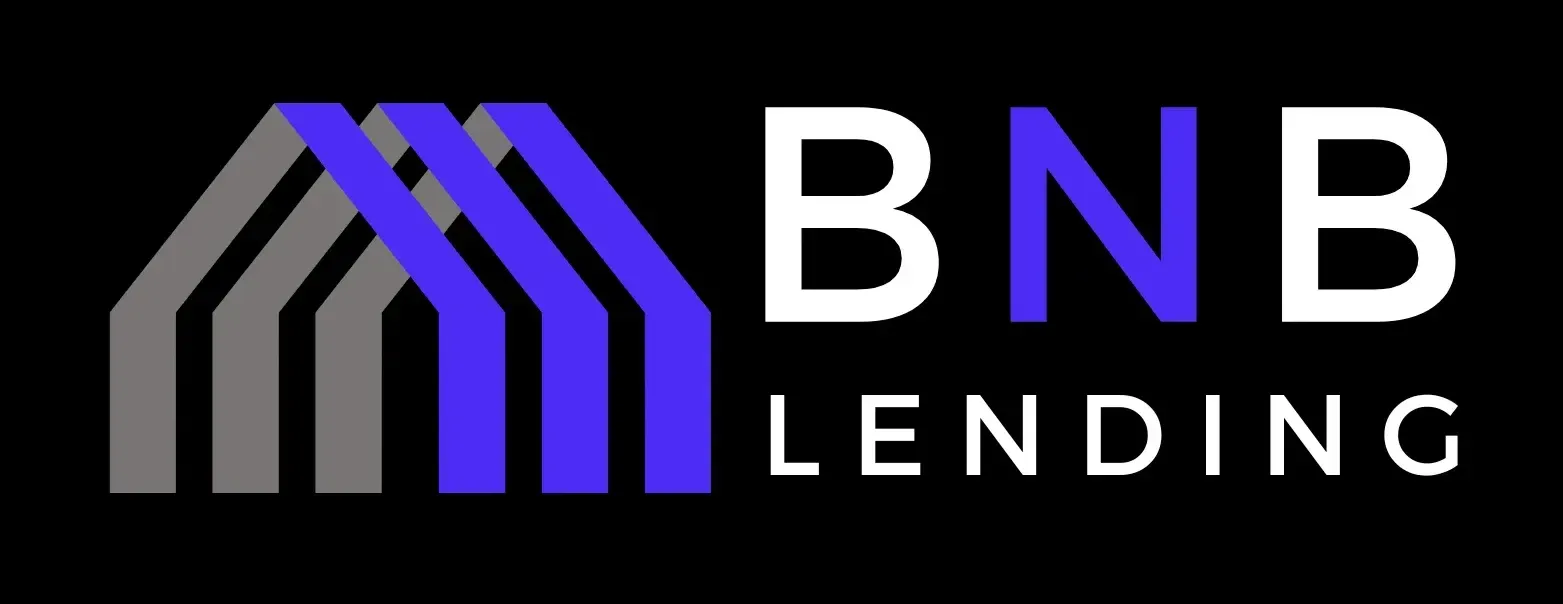
New Construction Loans in Massachusetts
From the foundation up, we’re by your side!
Ready to kick off your new construction project? BNB Lending offers fast, flexible financing with 1 to 2-year interest-only terms to help you get the job done efficiently. We provide funding for residential properties (1 to 4 units), multi-family units, condos, apartment complexes, commercial buildings, and hotel construction projects. Our financing covers up to 85% of the purchase price and 100% of vertical construction costs, ensuring your project is ready for rent or sale. Plus, with no prepayment penalties, you can refinance or sell whenever you're ready. Our quick closing process means you can get quoted and funded in as little as 14 days.
How to qualify
To obtain a quote, we will need the following information:
Property Value and
Purchase Price
Down Payment
Amount
Credit Score
Asset Types
- Single Family Homes
- Townhomes
- Condos
- 2 - 4 Units (Duplex, Triplex, Quadplex)
- Multi-Family: 5 - 8 Units
- Mixed-Use: 2 - 8 Units
- Multi-Family: 9+ Unit
Loan Terms
- Loan Sizes:
$100k up to $3.5 Million (Larger loan sizes available on a case by case basis)
- Purchase LTV:
Up to 85%
- Rate & Term Refinance LTV:
Up to 80%
- Cash Out Refinance LTV:
Up to 80%
- Amortization:
30 Year % 40 Year Amortization Options Available
- Term Lengths:
5/6 ARMs, 7/6 ARMs, 10 Year Interest Only, 30 Year Fixed & 40 Year Fixed
- Floor Rate:
5.50% (subject to change daily due to market volatility)
- Full Recourse
with personal guarantee required for all borrowers with majority ownership (typically 20%+ or 25%+ if closing in an Entity)
- DSCR Requirement: 1.00x or greater depending on loan size and property type. Sub-1.00x DSCR and NO DSCR options available.
- Vesting:
Lending to Individuals, LLCs, and Corporations. Trusts Allowable on a Case by Case Basis.
- Average Time to Close:
14 to 35 days
Wondering if you qualify for investment property financing in your area?
We offer lending services in all 50 states!

Frequently Asked Questions
What are the requirements for getting a construction loan?
To qualify for a construction loan, you'll need approved building plans, permits, a licensed contractor, and a detailed budget. Most lenders require at least 15% down and a credit score of 660 or higher. Land ownership or a signed purchase contract is also expected. We disburse funds in stages based on project milestones. We’ll also review your liquidity, builder history, and comps to ensure the project is viable. Our flexible process helps experienced builders and first-timers get funded quickly, without unnecessary delays or documentation hurdles.
How do home construction loans differ from traditional financing options?
Home construction loans are designed to fund a project in stages, releasing funds as specific parts of the build are completed. This phased approach contrasts with traditional mortgages, which pay the full amount upfront and start immediate amortization. Construction loans are interest-only during the build phase and focus more on project feasibility than personal income. After the home is completed, borrowers typically refinance into a long-term mortgage. This two-step structure allows you to build with more flexibility and only transition to full payments once your home is fully operational or ready to sell.
What credit score is needed to qualify for new construction financing?
Most construction loan programs require a credit score of 660 or higher. That said, approval is based on multiple factors—credit is just one. We also consider your liquidity, builder credentials, permits, and exit plan. If your credit is slightly below that mark, strong documentation may still qualify you. These loans prioritize execution risk over personal financials. A higher credit score may help reduce your interest rate, but we’re able to structure loans for borrowers with diverse credit profiles. The more organized your plan, the more flexible we can be on rate and terms.
Are construction loans available to small business owners or just individuals?
Construction loans are available to small business owners as well as individual borrowers. In fact, many investors choose to borrow through LLCs or corporations. A personal guarantor with 20–25% ownership is usually required. These loans are built to work with business structures, allowing self-employed builders and developers to qualify without W-2 income. Our underwriting process focuses on builder qualifications, scope, and timeline rather than tax returns. This makes our financing model ideal for STR investors, real estate businesses, and entrepreneurs looking to scale. We build flexibility into every business-focused loan.
What is the typical loan rate for construction financing?
Construction loan rates generally start at 5.50%, though your final rate will depend on credit score, project scope, and market factors. These loans are interest-only during construction, keeping monthly payments manageable while the home is being built. Once complete, many borrowers refinance into a DSCR or fixed-rate mortgage. Your builder’s credentials, liquidity, and exit strategy also affect pricing. We design each quote based on your deal—not a one-size-fits-all formula. Strong documentation can lower your rate and speed up approval. Our structure gives you control without sacrificing speed or flexibility.
What types of loans are best for new construction projects in Massachusetts?
The best loans for new construction projects in Massachusetts are draw-based interest-only loans that fund up to 85% of land and 100% of vertical construction. These loans are commonly used for STRs on Cape Cod, duplexes near Worcester, or infill projects in Boston. Once construction is complete, borrowers typically refinance into a DSCR loan or fixed-rate mortgage. Our phased loan structure supports cash flow during the build while avoiding rigid repayment schedules. For Massachusetts investors, this structure offers the control, speed, and flexibility needed to move quickly in competitive markets.
Explore new construction loans and other Airbnb loans in neighboring states like Rhode Island , Vermont , and Maine to expand your reach beyond Minnesota.

